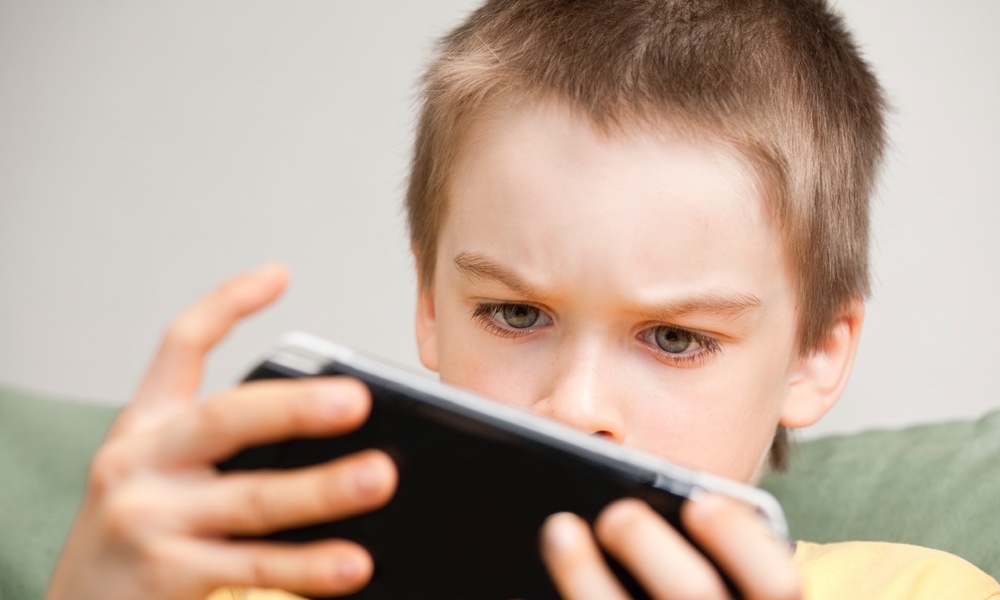Having an attitude of invincibility — that nothing can stop you — can be valuable when pursuing a personal goal. But that mindset is unlikely to be helpful when it comes to facing a public health threat. New research shows that a combination of individual attitudes and cultural beliefs influence how willing people are to take steps to prevent the spread of COVID in their communities, including getting vaccinated against the SARS-Co-V2 virus.
A survey of respondents in 51 countries found a distinct split among those countries whose cultures place a high value on individual rights — such as the United States, United Kingdom and Canada — and those whose cultures value collaboration and community action such as Japan or Australia. People from individualistic cultures were less likely to feel a personal sense of responsibility to take measures such as vaccination to prevent the spread of COVID-19 than people living in collectivist cultures.
Over 200,000 people were surveyed for the study by researchers from the Massachusetts Institute of Technology. The survey included questions gauging respondents’ attitudes about the severity of COVID-19, and their willingness to engage in community risk reduction measures including getting vaccinated. It was conducted in conjunction with Facebook’s Data for Good initiative. Facebook has been decried by public health experts over the course of the pandemic as a primary source of misinformation about COVID-19, despite the social media platform’s attempts to regulate the flow of information of its outlet.An overemphasis on self-determination may lead some people to underestimate their personal COVID risk.
Researchers hope that their findings can be used to generate more effective public health messaging in communities where a cultural emphasis on individual rights over collective responsibility predominates. However, the spread of viral disinformation surrounding the pandemic has made crafting such messaging difficult because of deep skepticism of health and medical institutions among some online and racial and ethnic communities.Vaccine hesitancy has also contributed to a resurgence in measles outbreaks, a disease which was once virtually eradicated in the United States.
Individualism is a strong cultural facet of many Western cultures, and this quality is something that many Americans in particular take pride in. Individualism might help people in the pursuit of their goals and passions, but an overemphasis on individual rights (to refuse vaccination or wearing a mask, for example) may be causing people to underestimate their personal COVID risk to the detriment of not only their own health, but that of their communities.
The fewer people are inoculated against COVID-19, the less herd immunity is likely to be reached. Vaccine hesitancy has also contributed to a resurgence in measles outbreaks, a disease which was once virtually eradicated in the United States.
The study is published in PLOS One





